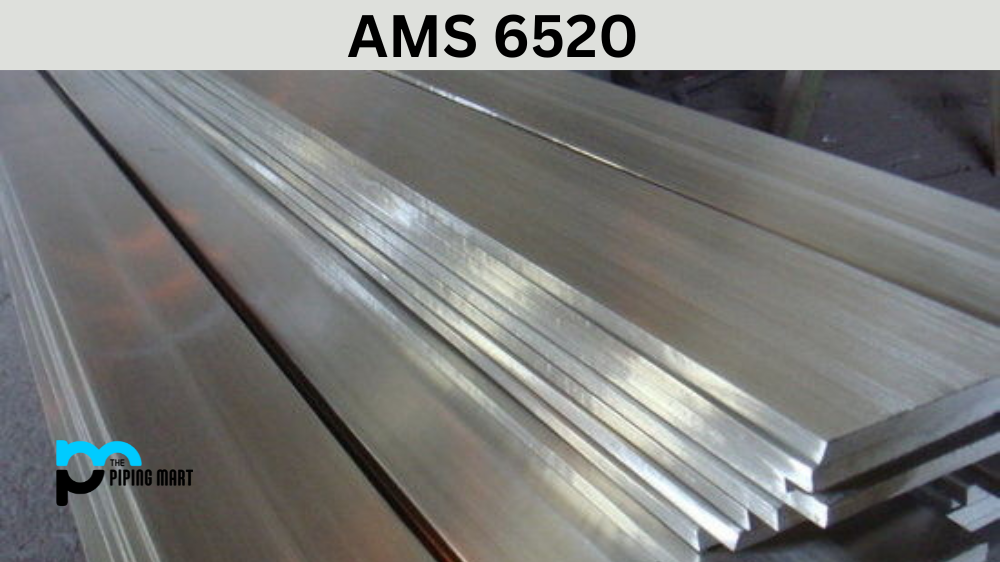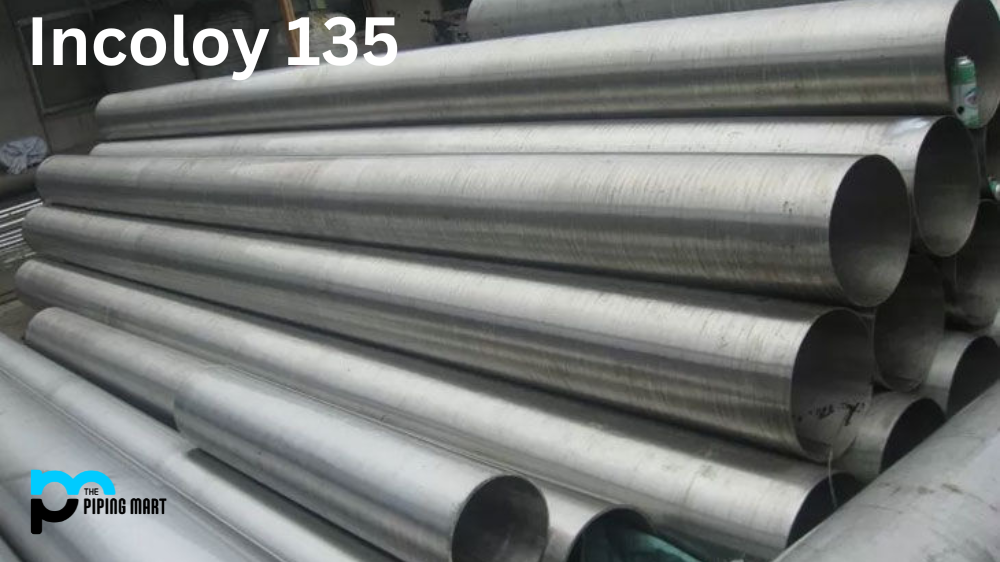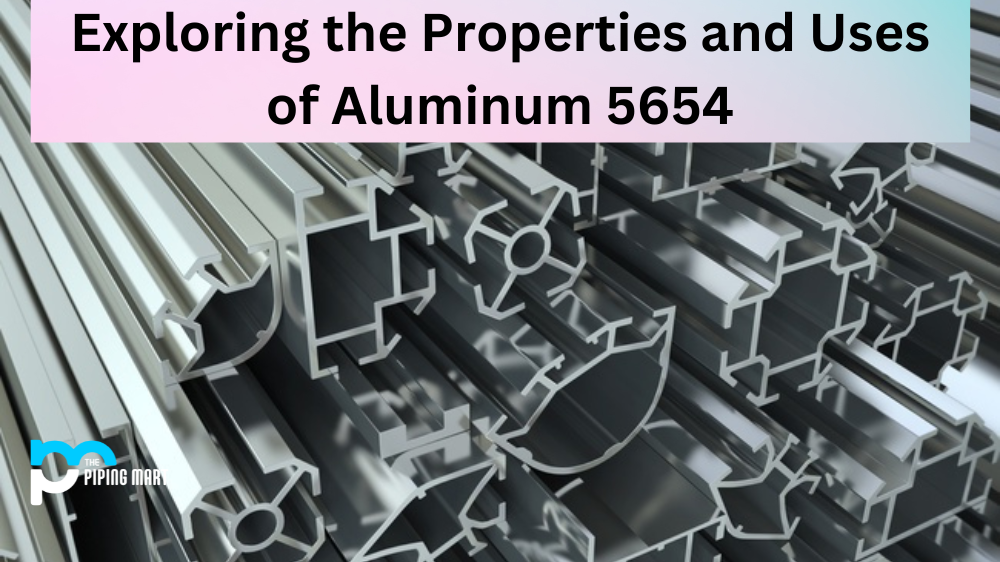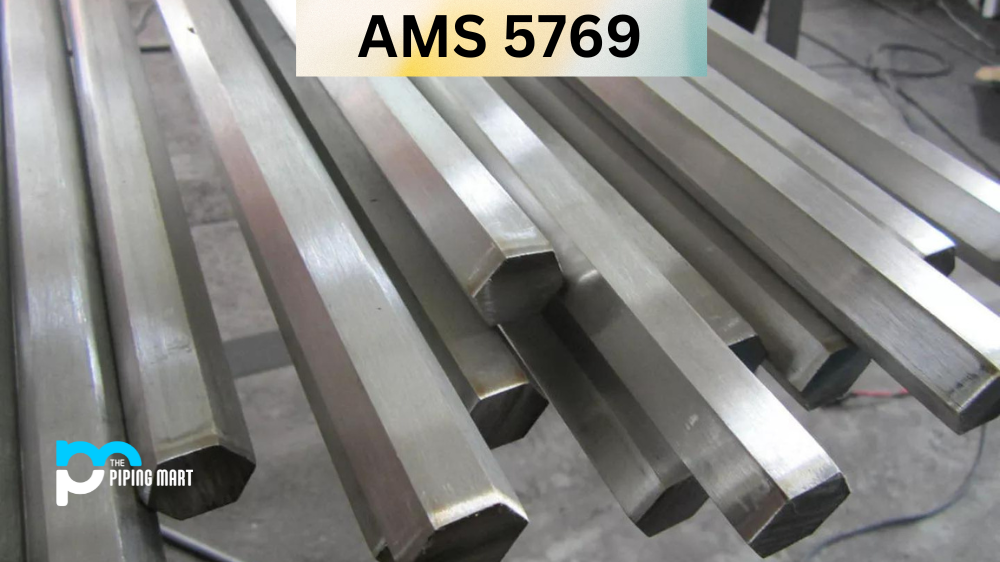AMS6520 is a low-alloy steel known for its high strength, good weldability, and excellent machinability. A thorough knowledge of the composition, physical and mechanical properties, and uses of AMS 6520 can help you decide whether it is suitable for your project. This guide will provide all the necessary information about AMS6520, including its hardness, heat treatment, etc.
What is AMS 6520?
AMS 6520 (also known as Maraging 250) is high-strength steel commonly used in aerospace and defence applications. This specialized material is known for its exceptional durability, corrosion resistance, and ability to withstand extreme temperatures. From aircraft structures to ballistic armour, AMS6520 is crucial in keeping our military and commercial technologies at peak performance. While it may sound like a complex material, the benefits it provides are clear. With AMS 6520, engineers and manufacturers can rest easy knowing they have a reliable and practical material. Because of its unique properties, AMS6520 is a game-changer in advanced materials.
AMS 6520 Composition
AMS 6520 belongs to the 4130 steel family, which consists of low-alloy steel containing chromium and molybdenum. With a carbon content of 0.28-0.33%, AMS 6520 has excellent hardenability and is used primarily in applications requiring high strength, toughness, and good fatigue resistance. Steel is also known for its superb welding and machining abilities, making it an excellent material for manufacturing parts that require high precision.
| Element | Content (%) |
|---|---|
| Iron, Fe | 68 |
| Nickel, Ni | 18.5 |
| Cobalt, Co | 7.5 |
| Molybdenum, Mo | 4.8 |
| Titanium, Ti | 0.4 |
| Aluminum, Al | 0.1 |
| Silicon, Si | ≤ 0.10 |
| Manganese, Mn | ≤ 0.10 |
| Carbon, C | ≤ 0.030 |
| Phosphorous, P | ≤ 0.010 |
| Sulfur, S | ≤ 0.010 |
| Zirconium, Zr | 0.01 |
| Boron, B | 0.003 |
AMS 6520 Physical Properties
AMS 6520 exhibits exceptional physical properties, including a density of 7.85 g/cm3 and a melting point between 1432-1490 degrees Celsius. Additionally, it has a thermal conductivity of 46.6 W/mK and a coefficient of thermal expansion of 22.2 × 10-6/K.
| Properties | Metric | Imperial |
|---|---|---|
| Density | 8.00 g/cc | 0.289 lb/in³ |
AMS 6520 Mechanical Properties
AMS 6520 boasts remarkable mechanical properties. It has a yield strength of 460 MPa, an ultimate tensile strength of 760 MPa, and an elongation of 21%. It also has a high fatigue strength, making it an ideal material for aerospace, defence, and automotive use. Additionally, AMS 6520 has a high load-carrying capacity and exhibits excellent resistance to shock and vibration.
| Properties | Metric | Imperial |
|---|---|---|
| Tensile strength | 965 MPa | 140000 psi |
| Yield strength (@strain 0.200 %) | 655 MPa | 95000 psi |
| Bulk modulus (typical for steel) | 140 GPa | 20300 ksi |
| Shear modulus (estimated from elastic modulus) | 73.0 GPa | 10600 ksi |
| Elastic modulus | 190 GPa | 27600 ksi |
| Poisson’s ratio (calculated) | 0.3 | 0.3 |
| Elongation at break (in gage length of 4.5 times the square root of area) | 17.00% | 17.00% |
| Reduction of area | 75.00% | 75.00% |
| Hardness, Brinell (converted from Rockwell C hardness) | 290 | 290 |
| Hardness, Knoop (converted from Rockwell C hardness) | 311 | 311 |
| Hardness, Rockwell C | 30 | 30 |
| Hardness, Vickers (converted from Rockwell hardness) | 301 | 301 |
AMS 6520 Equivalent
- Equivalent material to maraging 250 alloy steel include DIN 1.6358
AMS 6520 Uses
AMS 6520 is used in various applications due to its high strength and weldability. For instance, it is commonly used in aircraft and aerospace industries for manufacturing engine parts, landing gear components, and structural parts. It is also used in the oil and gas industry for producing drilling equipment and pipelines. Other applications of AMS 6520 include the automotive, defence, and medical industries.
AMS 6520 Hardness
AMS 6520 is typically measured using the Rockwell C scale, and it has a hardness of 19-24 HRC after heat treatment. In its annealed condition, the hardness of AMS 6520 is around 176 Brinell.
AMS 6520 Heat Treatment
AMS 6520 can be heat-treated to improve its mechanical properties. The most common heat treatment process for AMS 6520 is austenitizing and then quenching in oil or water. This heat treatment process enhances the material’s strength, toughness, and wear resistance. Other heat treatment processes, such as tempering and normalizing, can also improve the material’s properties.
Conclusion
In conclusion, AMS 6520 material is a low-alloy steel known for its high strength, good weldability, and excellent machinability. Its composition, physical and mechanical properties, and uses make it a popular material in many industries. Understanding its hardness and heat treatment processes is crucial to maximizing its full potential. With its exceptional properties, AMS 6520 is a reliable material that offers many benefits for various applications.

Abhishek is a seasoned blogger and industry expert, sharing his insights and knowledge on various topics. With his research, Abhishek offers valuable insights and tips for professionals and enthusiasts. Follow him for expert advice on the latest trends and developments in the metal industry.




